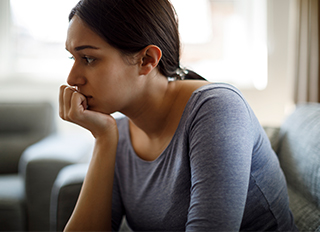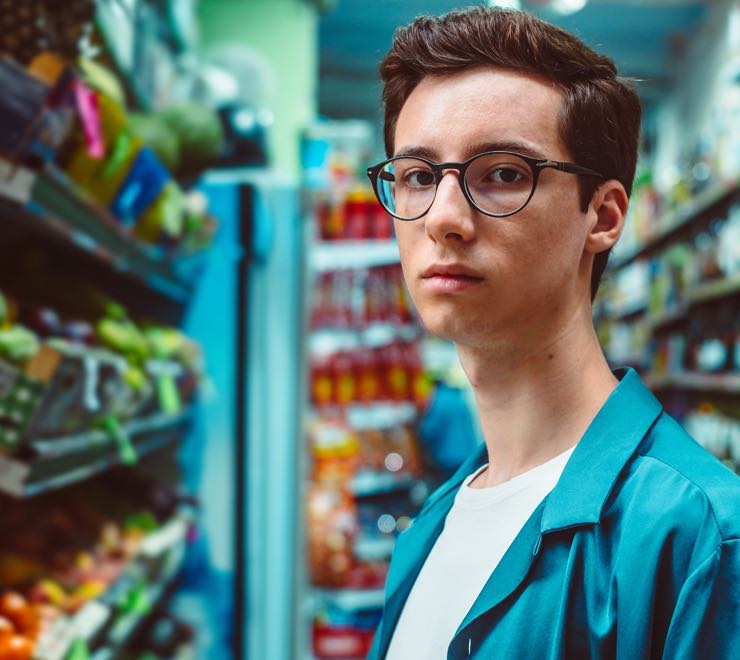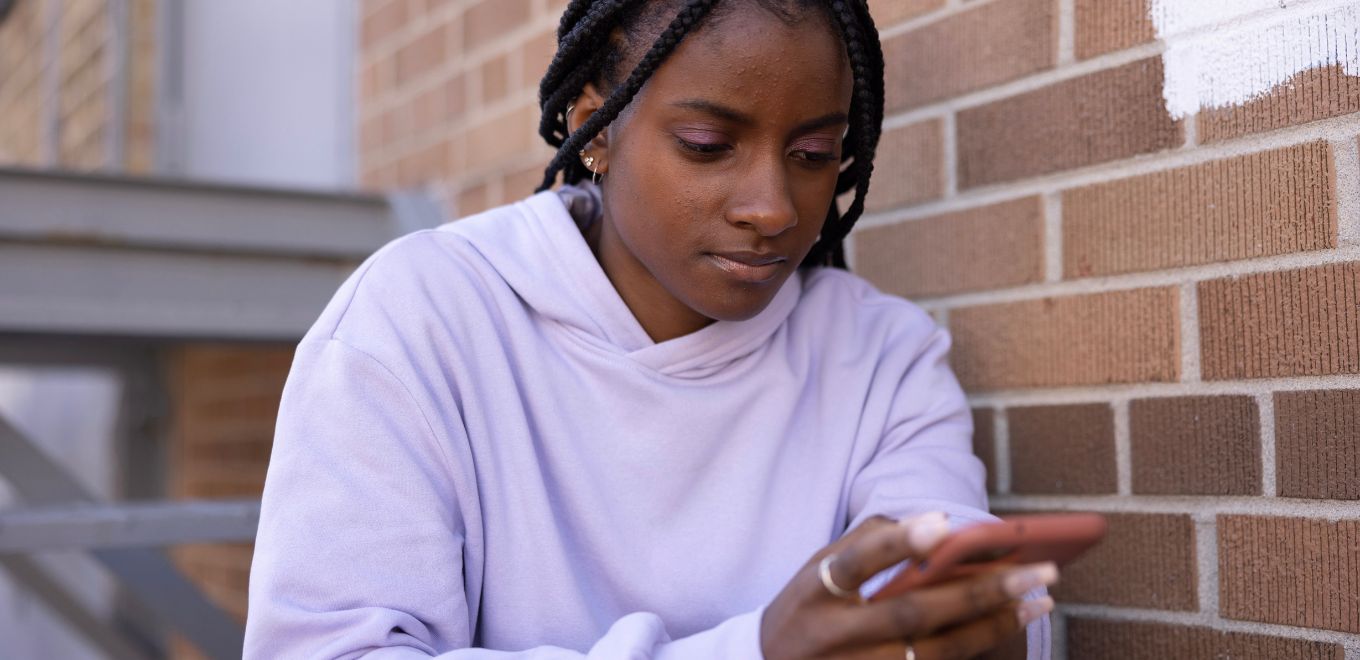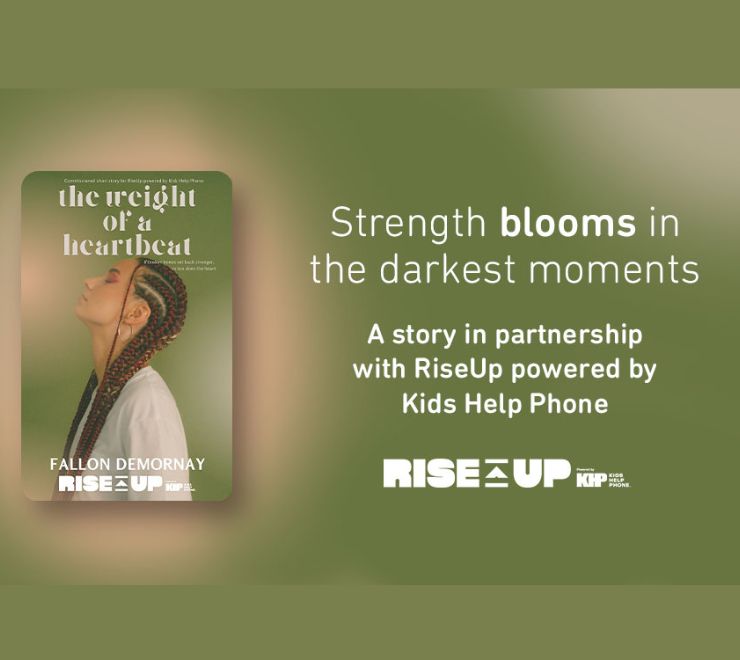Cannabis is a drug that can affect your mind and body. If you choose to use cannabis, there are key pieces of information that may be helpful to know. Here, Kids Help Phone shares details about possible health effects of cannabis, information about cannabis legalization and how you can reduce risks if you choose cannabis.
What is cannabis?
Cannabis (also known as marijuana, weed, pot herb, ganja, reefer or chronic) is a drug that comes from a plant. It contains the chemicals THC (tetrahydrocannabinol) and CBD (cannabidiol), which have short and long-term effects. People use cannabis for different reasons. It can also be prescribed by a doctor or nurse practitioner as a medical treatment. Like with any other medication, if cannabis is prescribed to you, it’s important to take it as directed.
How do people use cannabis?
Cannabis can be consumed in a variety of ways and in a variety of forms:
- inhaled through smoke or vapor (often with almost immediate effect)
- taken through food (edibles), liquids or capsules (may take up to a few hours to take effect)
How does cannabis make you feel?
Cannabis can have varying social, mental, emotional and physical effects, especially for people under 25. Everyone reacts to it differently. The effects you may experience after using cannabis will vary, depending on how much of each chemical is included and how your body reacts to them.
The effects of cannabis may also vary each time depending on how it’s consumed. For example, when ingesting cannabis (edibles), it takes longer to feel the effects (up to a few hours), so it’s important to be aware of how much you’re consuming, if you choose to use cannabis.
- Mental effects: you may be more relaxed or more anxious. You may experience paranoia, delusions, hallucinations, fear and changes in thinking or ability to make decisions.
- Emotional effects: you may feel “high,” happy or euphoric. It may also impact how you interact socially (e.g. you may be more personable/outgoing, or more quiet/serious). You may feel numb, or no emotions at all.
- Physical effects: you may feel sleepy, excitable or hungry. If you’re feeling physical pain before using cannabis, it may be reduced after use. You may experience an increased heart rate, body tremors or red eyes. Your senses — what you see, hear, feel, taste and smell — may also be heightened.
Factors that contribute to your experience with cannabis may include:
- genetics
- medical history (including family history)
- how often you use it
- how you take it
- the type(s) you take
- how much you take
- its levels of THC/CBD
The effects of cannabis can increase if it’s used often or taken with alcohol or other drugs. It’s important to know what — and how much — you’re taking in order to stay safe. You can learn more about ways to keep yourself safe and reduce harm here.
What are the long-term effects of cannabis?
The long-term effects will vary depending on the person, their frequency of use and the age they started using. Using cannabis at an early age (before age 18) increases the risk for long-term effects. Evidence shows that using cannabis regularly before age 25 may affect brain development. This may lead to long-term problems with memory, perception and attention. It may affect your ability to think and make decisions in various aspects of your life including school, recreational activities and relationships.
Long-term effects may also include:
- lung damage (if cannabis is inhaled), including chronic cough and bronchitis
- a dependency on cannabis
In certain cases, cannabis use may trigger a psychotic episode (a mental health condition that causes difficulty in telling the difference between what’s real and what isn’t). You can learn more about thoughts and feelings associated with psychosis here.
You may experience some, all or none of these effects. Keep in mind that some mental health disorders first present themselves when you’re in your teens. If you feel like you’re using cannabis to manage symptoms or cope, you may want to seek support from a medical professional or connect with a Kids Help Phone counsellor or volunteer crisis responder for non-judgmental support.
If you have any questions about the effects of cannabis, you can connect with a doctor, teacher, parent/caregiver or a Kids Help Phone counsellor for more information.
Is cannabis legal?
In Canada, recreational cannabis use became legal on October 17, 2018. The laws defining its use resemble those of alcohol and tobacco (i.e. there are restrictions on legal age and where cannabis can be used). Different provinces and territories across Canada also have unique approaches to how cannabis is sold which you can learn about here. You can also learn about cannabis legalization and regulation in Canada at this resource – including health risks, traveling with cannabis and impairment. There are also important things to know about purchasing cannabis online.
Can I drive after consuming cannabis?
Driving after smoking or consuming cannabis is illegal in Canada. It’s classified as impaired driving and is penalized in the same way as drinking and driving. If you drive while impaired by cannabis or other substances, you could face a fine or criminal charges. Small amounts of cannabis (even if you don’t feel it) can affect your attention, reaction time and ability to judge distances. It’s also important to avoid getting into a car with a driver who has used cannabis.
How can I get support?
If you use cannabis, it’s important to know how to stay healthy, keep yourself safe and get support. Here are some things that can lower your risk if you choose to use cannabis:
- avoid mixing cannabis with alcohol or other drugs, as this can drastically intensify its effects
- try the “low and slow” approach, or a little bit over a longer period of time, particularly when consuming cannabis in an edible form, as it takes longer to feel the effects (up to a few hours)
- let a safe adult know where you’ll be and plan a safe way home
- avoid using cannabis while doing activities that require your attention, like driving or studying
- try to take breaks or “days off” from cannabis use to reduce the long-term impacts on your health
- consider alternatives to smoking cannabis to reduce damage to your lungs
- visit Resources Around Me to search for drugs and alcohol support services in your community
It’s important to have all of the information about cannabis in order to use it safely. If you have questions/concerns about cannabis and your health, you can talk to a friend, doctor or parent/caregiver. Also, you can always call a Kids Help Phone counsellor at 1-800-668-6868 or reach out to a volunteer crisis responder through text if you need support.



















